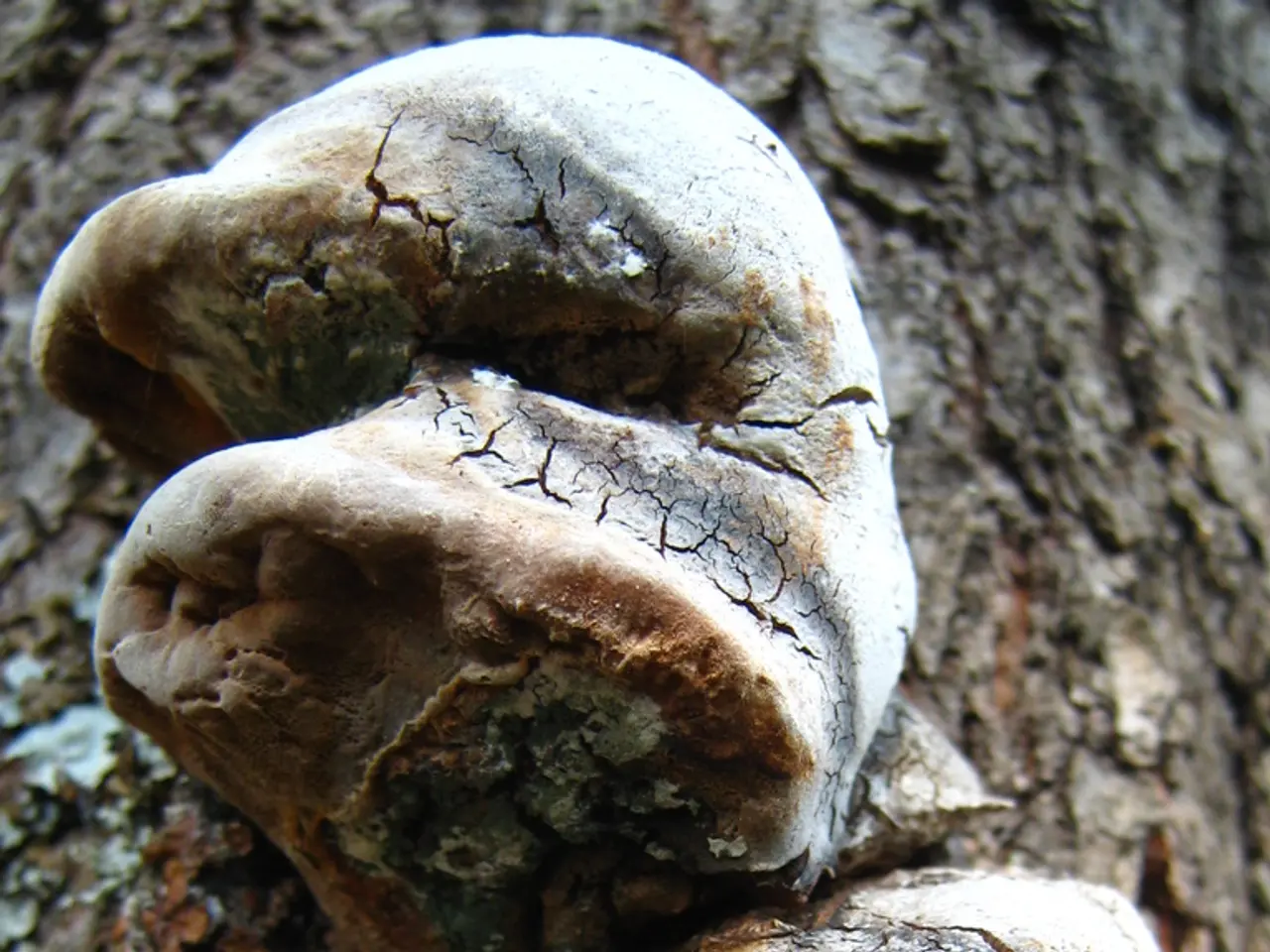Cultivating flora ethically: A guide to eco-friendly gardening
In the world of gardening, maintaining a healthy and balanced ecosystem is crucial for optimal plant growth. Here are some effective organic home remedies that can help control pests and promote plant nutrition.
For pest control, a garlic spray can be an excellent natural deterrent. Blend 2 garlic bulbs with 1 quart of water and a teaspoon of mild soap (like Castile soap). Let it steep overnight, strain, and spray on plants to deter aphids, beetles, and caterpillars[1]. Another natural pest repellent is neem oil, extracted from neem tree seeds, which acts as both a pest repellent and mild fungicide. However, it should be diluted per package instructions to avoid harming beneficial insects[1][2].
Insecticidal soap sprays can also be homemade. Recipes combining pure liquid soap (Castile soap), vegetable oil, warm water, and optional additives like ground red pepper, garlic, or apple cider vinegar can control pests while being safe and biodegradable[3].
Introducing beneficial insects and nematodes, such as ladybugs, lacewings, parasitic wasps, and beneficial nematodes (B’ Nems), which prey on common pests, helps maintain a natural pest balance without chemicals[2]. Physical barriers like row covers and copper tape around raised beds offer non-chemical pest defense[1].
When it comes to plant nutrition and soil health, adding compost regularly improves soil nutrient content and structure, supporting healthy plant growth and resilience to pests[1][2]. Using organic mulches helps retain moisture, suppress weeds, and improve soil quality[1]. Companion planting with marigold, basil, or lemongrass can repel pests and attract pollinators, enhancing plant vitality naturally[2]. Crop rotation and clean gardening practices, including removing dead foliage, prevent pest buildup[2].
For a natural fungicide, a strong chamomile tea can be used to combat fungal infections such as Damping Off[1]. To feed plants with Epsom salts, use 1 tablespoon of Epsom salts per gallon of warm water and apply immediately indoors or outdoors[1]. Regularly watering the compost in plant pots can help deter ants from nesting[1]. A thick mulch of crushed eggshells can deter slugs and snails from vulnerable plants[1].
A peppermint or lavender oil spray around windowsills and doorframes can serve as a natural ant barrier[1]. Crushed oyster shells can also serve as a deterrent to slugs and snails[1]. The magnesium in Epsom salts helps plants absorb phosphorus and nitrogen[1]. Using chamomile tea bags and infusing them in hot water for half an hour can also create a chamomile tea fungicide[1]. A mild solution of white vinegar (one part vinegar to three parts water) can disrupt ant trails[1].
These combined organic practices create a healthy, balanced garden ecosystem that minimizes pest problems and supports plant nutrition without synthetic chemicals.
[1] Organic Gardening: The Ultimate Guide to Growing Naturally, Bob Harris, 2018 [2] The Organic Gardener's Handbook of Natural Insect and Disease Control, Fern Marshall Bradley, 2009 [3] The Organic Gardener's Handbook of Natural Home Repair, Bob Harris, 2015
Incorporating organic gardening methods, such as using a garlic spray for pest control or adding chamomile tea as a natural fungicide, aligns with a sustainable home-and-garden lifestyle. Additionally, promoting beneficial insects like ladybugs for pest control and using companion plants like marigolds for pest repellent contribute to maintaining a thriving garden ecosystem.






